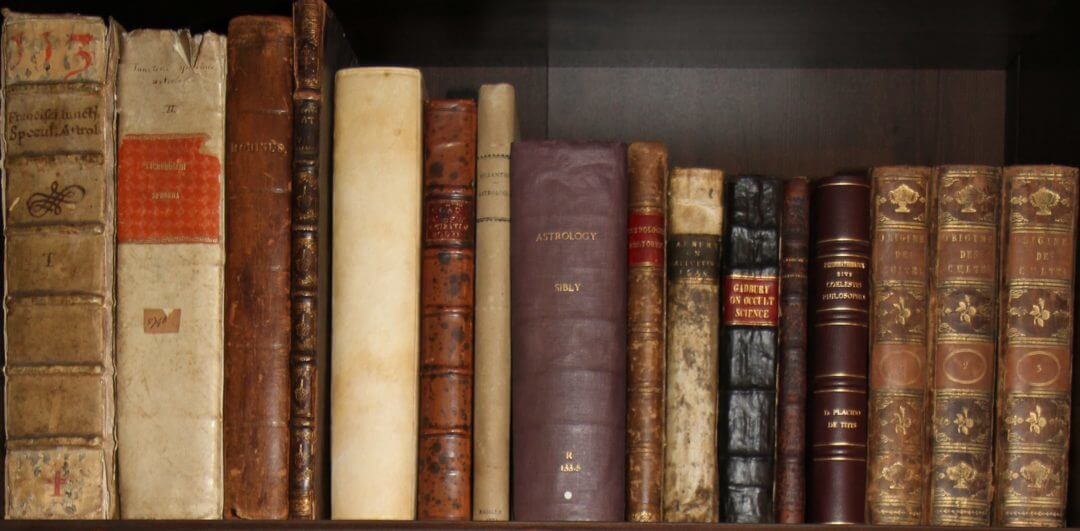On Léon Lasson’s ill-fated prediction of fifteen years of peace
– 19 September 2008
Léon Lasson might not be the most famous name in twentieth century French astrology, but he is noted for two achievements, one in a generally positive light, and the other in precisely the opposite.
On the positive balance of considerations, he took up the mantel of French statistical research into astrology from his predecessors Paul Choisnard and Karl-Ernst Krafft, and his investigations, as published in his book ‘Ceux qui nous guident’ (c. 1946, I think – I have a copy somewhere in one of my many boxes waiting to be unpacked once I have a room ready to put them into), were among the inspirations for Michel Gauquelin’s decades of statistical research from the 1950s until his death by suicide in the 1980s.
Unfortunately for Lasson, his reputation as a predictive astrologer was sullied for posterity by the publication early in his career, around 1937 or 1938, of his book on mundane astrology, entitled like so many others since simply ‘Astrologie Mondiale’, but with various subtitles including ‘Quinze ans de paix sur l’Europe’, essentially predicting fifteen years of peace in Europe, a bold prediction whose catastrophic failure of realisation other French astrologers have spent considerable efforts dissecting in an effort to reform and refine mundane theory.
I have found that both these two works by Lasson are very scarce on the used book market, and his ill-fated work on mundane astrology was completely unavailable used for most of the past year since I became interested in obtaining a copy, but one came up on ebay with a starting bid of 16 Euros, and I was quite surprised a couple of days ago to emerge unchallenged as the sole bidder.
I can only presume that many copies of ‘Astrologie Mondiale’ were pulped by the publisher, Gustave-Lambert Brahy’s ‘Editions de la Revue de Demain’, following the outbreak of war in 1939, while others that had been sold might have been burned in anger or disgust when the prediction proved so singularly inaccurate. Most early to mid-20th century French-language books on astrology (of which there were very many as it was an extremely popular subject in the country at the time) have survived in rather strong numbers on the used market, albeit mostly in various states of dilapidation because they were nearly all bound in rather cheap paperback form that has not withstood the years too well. But Lasson’s is among those that, it might be presumed, most astrologers would rather forget.
But not Dr. Patrice Guinard, who lists Lasson as one of the most important French astrologers of the 20th century, but nonetheless calls his mundane prediction a ‘fiasco’ – see No. 12 on the English translation of his shortlist of the good and the great of French 20th century astrology here:
http://cura.free.fr/docum/16afr-en.html
I must admit I’m very much looking forward to reading Lasson’s work and analysing the techniques he employed. But I’m equally looking forward to reading the critiques upon them of later commentators, and I’m sure that there are plenty.

Leave a Reply